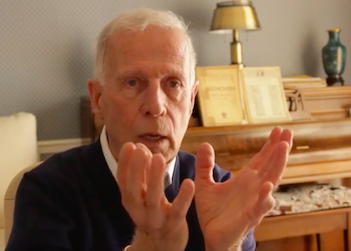Publicaciones de nuestros expertos
IGCAT tiene como objetivo identificar, analizar y divulgar buenas prácticas de desarrollo y convergencia entre gastronomía, artes, cultura y turismo creativo.
THE FUTURE OF ARTS EDUCATION

by D. Paul Schafer
D. Paul Schafer makes the case for a renovated and stronger role of the arts in contemporary education systems and encourages collaboration and mutual support between the arts and sciences, as the only possible solution to tackle current global challenges effectively.
THE S PLAN
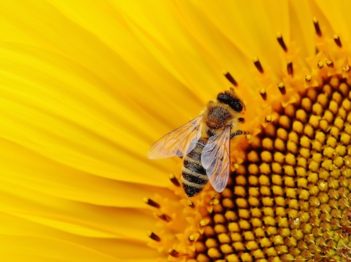
by Dr. Diane Dodd
The S Plan warns about the risks of losing our biodiversity and the century-long traditions and practices related to it. While highlighting the urgency to capitalise on our unique food and cultural resources, Dr. Diane Dodd suggests how innovative and creative tourism experiences can contribute to local sustainable and inclusive development.
THE AGE OF CULTURE – WHY, WHAT, AND HOW?
by D. Paul Schafer
In this article, IGCAT expert Paul Schafer explains how entering a cultural age is imperative if humanity is to come to grips with the complex and difficult problems encountered in the present age of economics. The key to dealing with these and other problems lies in adopting a holistic perception of culture and cultures …
LOCAL FOOD GIFT CHALLENGE – FRAMEWORK AND AIMS
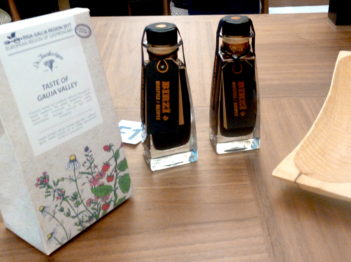
by Fabrizia Toccoli
In this article, IGCAT explains the rationale of the Local Food Gift Challenge, highlighting the vital role that local food gifts can play in shaping the image of the Regions of Gastronomy. Local producers are encouraged to re-think and re-design their food products to reflect the attributes that contemporary tourists look for.
YOUNG CHEF AWARD – ENHANCING SUSTAINABILITY
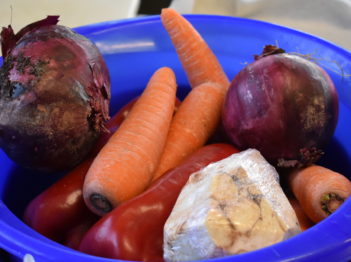
by Fabrizia Toccoli
Building on the experience of three successful editions of the Young Chef Award, in this article IGCAT highlights the importance of enhancing sustainability in the project by encouraging Young Chefs to take action against two pressing global challenges: namely food waste and single-use plastics pollution.
WESTERN & INDONESIAN GASTRONOMIC DIFFERENCES
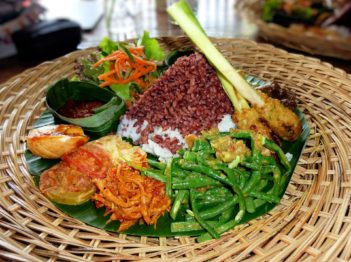
by Indrakarona Ketaren
In this short article, the idea of gastronomy takes on a different point of view from the Indonesian archipelago. Briefly touching on the introduction of gastronomy in the country’s perspective, it later develops its own definition from the people and each of their regional culture, which instills a unique pride and identity collectively known as Indonesia´s gastronomy today.
TRUMP IS NOT THE ONLY PROBLEM, SOLUTIONS FOR AN UNFAIR WORLD
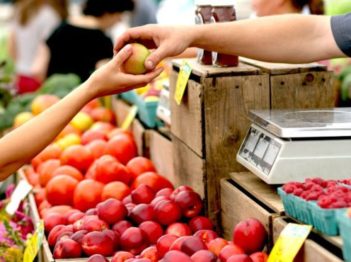
by Dr. Joost Smiers
In this short summary, IGCAT Expert Dr Joost Smiers presents an interesting and thought-provoking case for reworking how modern society deals with shifting political landscapes, social policy and dealing with large transnational companies.
THE CASE FOR CULTURE

by D. Paul Schafer
In this short article, Paul Schafer eloquently sums up the history of the case for culture, the present situation, and directions for the future, and once more he goes right to the heart of the current challenges we face in making the case for culture and supporting cultural diversity.
CATERING FOR THRILL-SEEKERS: NEW TRAVEL TRENDS

by Dr. Diane Dodd
IGCAT developed the European Region of Gastronomy Award to celebrate and raise awareness of Europe’s rich food and culture. We believe that Europe’s regions have much to offer as they are the settings were landscape, agriculture, heritage, food, gastronomy…
NATIONAL IDENTITIES, NATIONAL EXCLUSIONS. THE CHILEAN CUISINE
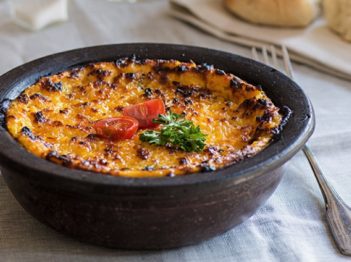
by Dr. Valeria Campos
There has been a tendency in the last 5-10 years to re- value what is called “traditional” Chilean cuisine. This tendency has become a reality thanks to a big transversal movement of people involved in the gastronomic scene: chefs, restauranteurs and journalists…
ETHICAL, CREATIVE AND FOOD TOURISM – A SUSTAINABLE FUTURE?

by Dr. Diane Dodd
With the rise of the independent traveller and the rise in food and creative tourism new opportunities are emerging to support food and culture diversity. As grass-roots consumer conscience takes hold there is a new drive towards sustainable and ethical tourism models.
FEASTING ON CULTURES TO SOLVE OUR PROBLEMS AND ENRICH OUR LIVES
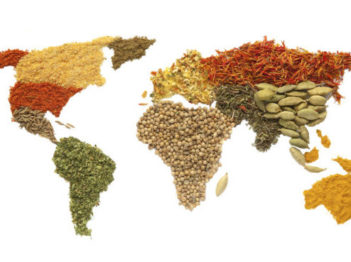
by D. Paul Schafer
Our lives are incredibly enriched by our ability to tap into other cultures through their cuisines. While this is only a small part of these cultures, it is a very important part because most of us are exposed to other cultures through their cuisines before anything else.
INNOVATIONS AS THE KEY OF SOLUTIONS DECREASING MALNUTRITION IN AFRICA
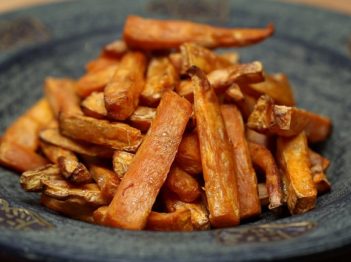
by Uwase Larissa
Orange fleshed sweet potatoes are readily available and affordable. As a food, there has not been much innovation with regard to what more can be created out of them. Therefore, CARL Group is keen to use this opportunity to increase the number of consumption options that can be obtained from sweet potatoes.
ART OF FOOD: TOURISM WITH THAINESS AND MULTI-STAKEHOLDER

by Dr. Jutamas Wisansing
This research aims to explore the linkages between agriculture, senses of place and how to create a pairing of food and local performing arts. Senses, stories and sophistication were all integrated into one plate. Thai food not only can increase the value of a destination, but also increase the value of local identity.
REGIONAL SUPPORT SYSTEMS FOR ARTS ENTREPRENEURSHIP
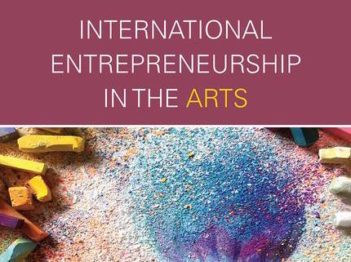
by Dr. Lidia Varbanova
Entrepreneurship in the arts and in local creative and food industries contribute to both economic growth and social life in a local territory. It is therefore important to set up a local support system in the short and in the long-term to help arts entrepreneurs to make their innovative ideas become a reality.
CONCERN FOR DIVERSITY IN A FREE-TRADE ZONE

by Dr. Diane Dodd and George Chatzinakos
The bilateral agreements that are currently being negotiated, will not only affect specific sectors (agriculture, industry, cultural products and services, tourism etc.) but also importantly set the legal framework for trade in the future.
FOOD, ART AND TOURISM AS A BOOST FOR INNOVATION
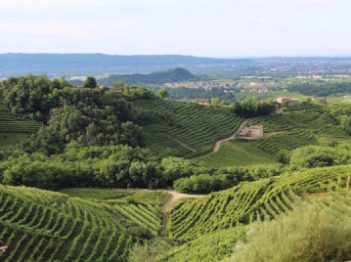
by Prof. Roberta Garibaldi
Gastronomy is a key part of all cultures and nowadays plays an important role in tourism allowing visitors to access cultural and historical heritage. Food and wine museums, art exhibition in wineries, gastronomic events and festivals are some examples of more appealing products.
SOCIAL INNOVATIONS: SIGN OF THE TIMES?

by Dr. Daniela Angelina Jelincic
This paper introduces the concept of social innovations as a new economic and social development paradigm. The fallout of modern and postmodern capitalist economy had a strong impact on social changes which marked transmodernity. These changes are seen in the so called ‘social turn’ marked by new social values.
THE LONG-TERM LEGACY OF THE EUROPEAN REGIONS OF GASTRONOMY
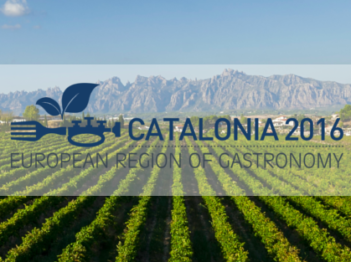
by Jordi Vegas and Dr. Diane Dodd
The European Region of Gastronomy Award aims to contribute to better quality of life in European regions, by highlighting distinctive food cultures, educating for better health and sustainability and stimulating gastronomic innovation.
SUSTAINABLE TOURISM AND THE CIRCULAR ECONOMY

by Claire Brightley
A circular economy is one in which resources are used efficiently to gain the most value from them. What is left over at the end of their life is recycled or reused so as to reduce waste. The aim is to try to combat some of the problems linked to over consumption, continuous growth and resource depletion.
SUPPORTING LOCAL FARMS – SUPPORTING OUR FUTURE

by Dr. Diane Dodd
Family farmers meet growing societal demands for quality and diversity of food. Their intrinsic value as a cultural asset is only vaguely understood and therefore awareness campaigns are needed to place a spotlight on the growing possibility of the extinction of family farms.
A GENERAL OUT LINE OF THE ROLE OF GASTRONOMY IN DEVELOPMENT
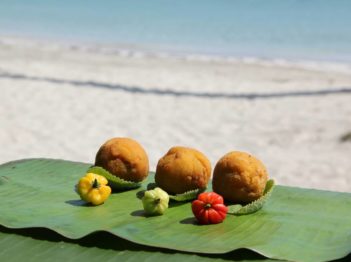
by Laura Hernández Espinosa
Colombia is by its geographical location, an area of fertile soils that provide a variety of foods. Their fields are inhabited by rural populations who live mostly in the agricultural trade and who preserve cultural traditions vividly, maintaining the roots of the identity of the Colombian nation.
GLOBALIZATION AND DIVERSITY – THE HEALTH RISKS
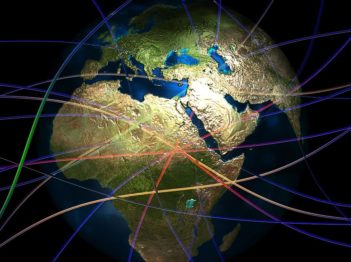
by dr. Diane Dodd
Glut, gluttony, obesity, unparalleled choice, wealth, health, poverty and hunger are some of the pressing challenges facing cultural leaders today. Without a unified approach to deal with world food problems we are unlikely to make much ground to address the enormous inequality in food resources.
CONGOLESE GASTRONOMY AND SUSTAINABLE DEVELOPMENT
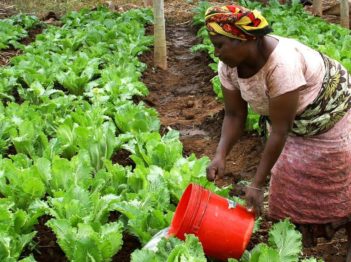
by Louis-Marie Pandzou
Congo is a rich country not only for its subsoil, but also of its diverse and varied cultural heritage. This country has an ethnic multiplicity. It involves a cultural diversity which entails variability or a plurality of its culinary or gastronomical culture.
THE ARTS KEY TO A FULL AND FULFILLING CULTURAL LIFE

by D. Paul Schafer
Our encounter with the arts begins before we are born. Regardless of where we are born in the world, we are exposed to some of the most important aspects of the arts when we are still in the womb. This is true not only for language and the language arts, but also for music, literature, and other art forms.
A CITY AND A REGION DEVELOP CULINARY AND CULTURAL DIVERSITY
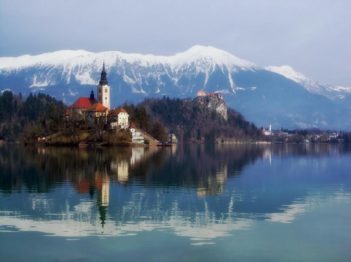
by Prof. Janez Bogataj, PhD
The case of Ljubljana and Central Slovenia. Every dish is a bearer of information about the diversity of local and regional cultures, whether or not it is the product of a long tradition of cultural heritage. In the fields of culinary arts and gastronomy we have to support diversity.
EASTERN GASTRODIPLOMATIC EFFORTS: CUISINE IN CULTURAL DIPLOMACY
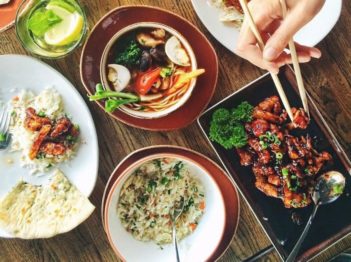
by Tanja Strugar
Governments have recognized the value of gastrodiplomatic efforts, placing food as a priority in not only promoting a sense of national identity, but also stimulating exchange between cultures. Asian nations, such as Thailand, are pioneers in the use of cuisine in cultural diplomacy.
For more information contact: info@igcat.org

